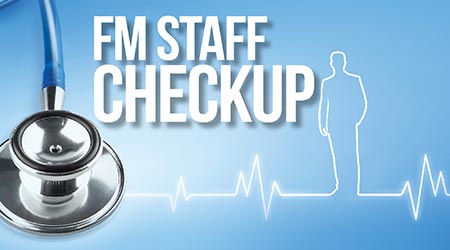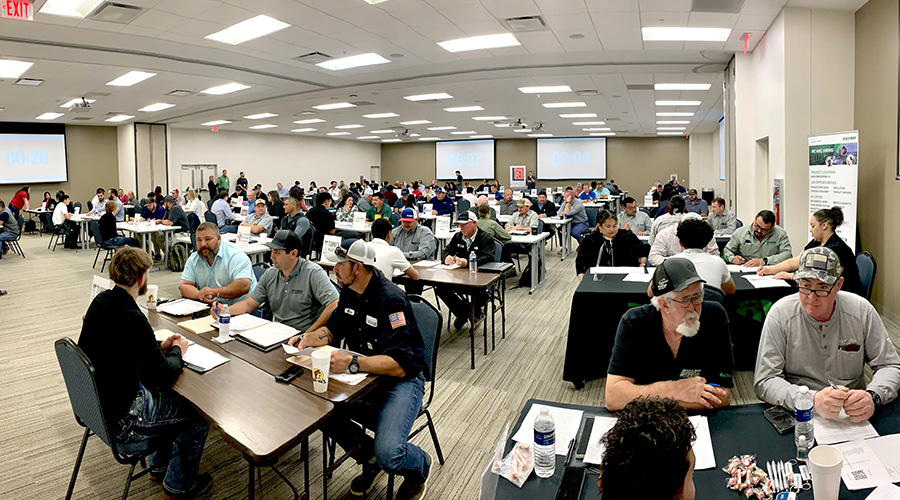Elements of a Healthy Facilities Management Department
The best strategy for long-term health is a holistic plan that encompasses every aspect of the facilities management department's culture and functionality.
The prescription for a facility department’s good health takes a concerted effort from the department’s leadership and staff, in addition to support from senior management and customers. A workable plan needs a holistic approach that touches every aspect of the department’s culture and functionality. Of particular importance to the plan are the following components:
Facility manager leads to create vision and results. The facility manager must either resume or adopt a leadership role within the department. This means the manager must devote time and energy to creating a vision for the organization and leading the team to the desired results.
Trust permeates the facility department culture. The overall culture of the department must be one of trust at every level of the organization. This means no finger pointing when problems arise and no reprisals from management when actions based on facts and sound judgment do not deliver the desired end result. Failure needs to be treated as a learning experience, rather than a cause for punitive actions.
Risk is managed throughout the department. No individual, team, or management personnel within the facility department should forgo an action due to the potential for risk. Staff need to be taught how to analyze and manage risk, as well as how to present options for alternative courses of action and the consequences associated with each.
Communications are valued and frequent. Staff are encouraged to interact and share information with one another at all levels of the organization. Staff understand open and honest dialogue is essential to the department’s success and long-term health.
Networks are valued and utilized. The more time staff spend developing and maintaining their corporate networks outside the facility department, the better able the organization is to serve its customers. Having an extensive network of contacts in other facility management environments adds to the knowledge base of the entire department.
Costs are managed relative to value. The goal of the facility manager is to manage costs effectively, but staff need to have the skills to evaluate costs relative to value provided and then be able to present a solid business case for overall impact on the corporate business mission and objectives.
Performance management is integral. Staff of the department should be fully informed about the department’s goals, as well as expectations for their individual performance. Planned, periodic performance review is an integral component of the department’s management plan, and should occur at all levels of the organization.
Related Topics:
















